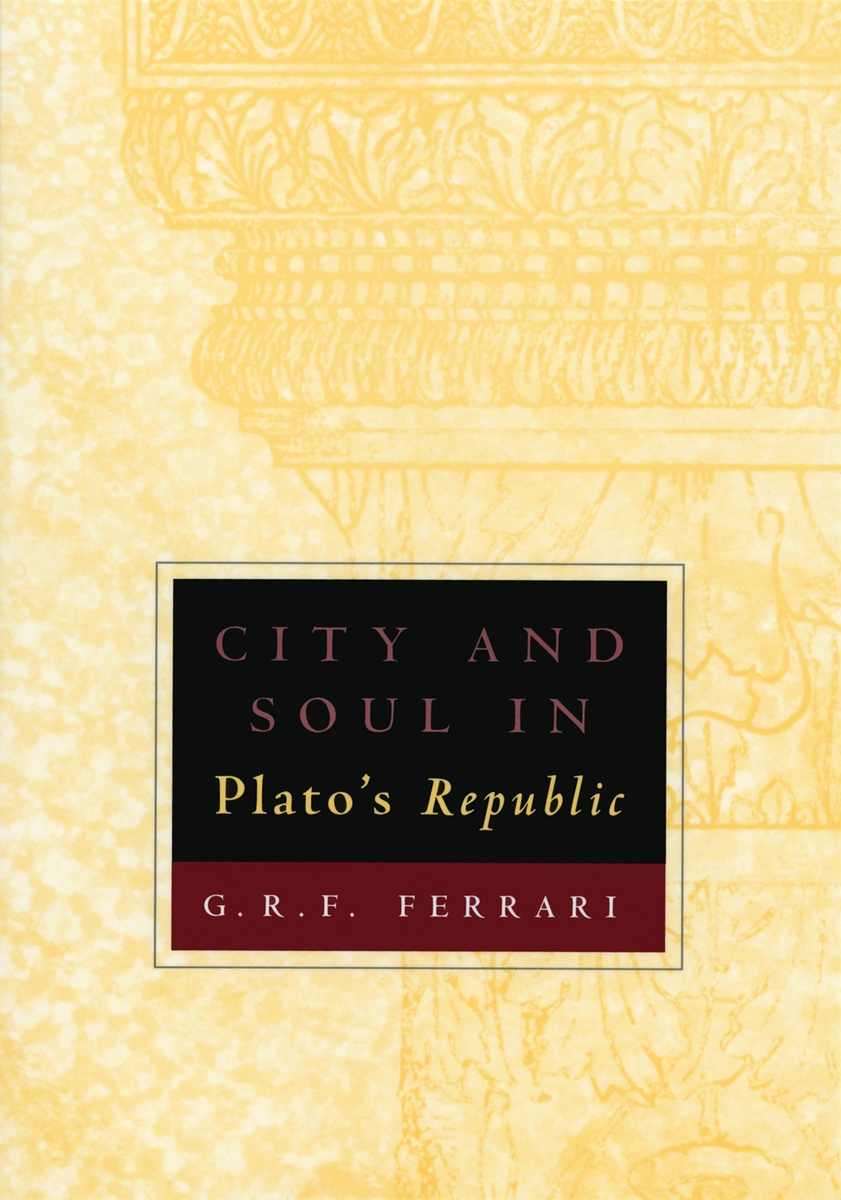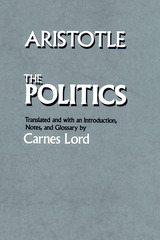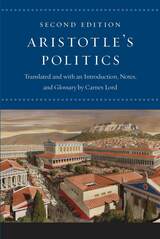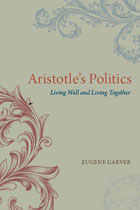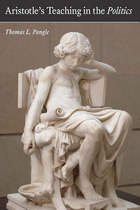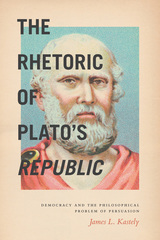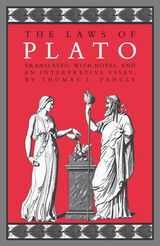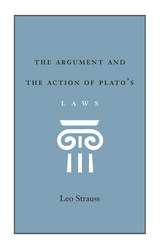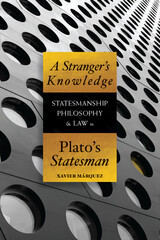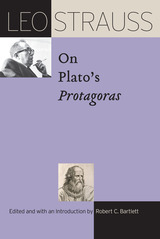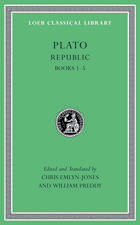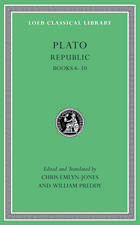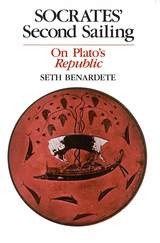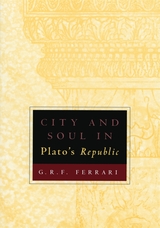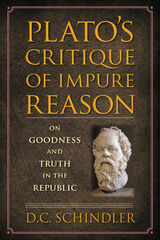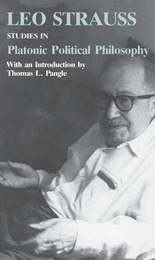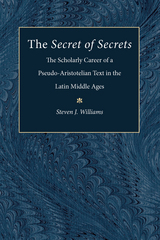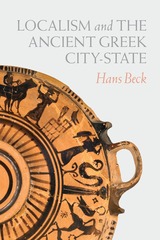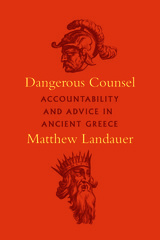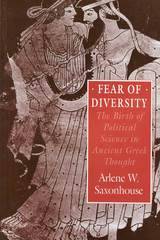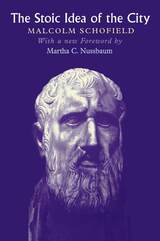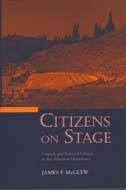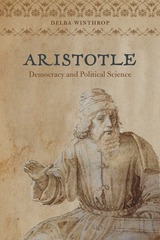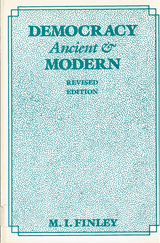City and Soul in Plato's Republic
University of Chicago Press, 2005
Paper: 978-0-226-24437-2
Library of Congress Classification JC71.P6F47 2005
Dewey Decimal Classification 321.07
Paper: 978-0-226-24437-2
Library of Congress Classification JC71.P6F47 2005
Dewey Decimal Classification 321.07
ABOUT THIS BOOK | AUTHOR BIOGRAPHY | REVIEWS | TOC | REQUEST ACCESSIBLE FILE
ABOUT THIS BOOK
Tracing a central theme of Plato's Republic, G. R. F. Ferrari reconsiders in this study the nature and purpose of the comparison between the structure of society and that of the individual soul. In four chapters, Ferrari examines the personalities and social status of the brothers Glaucon and Adeimantus, Plato's notion of justice, coherence in Plato's description of the decline of states, and the tyrant and the philosopher king—a pair who, in their different ways, break with the terms of the city-soul analogy.
In addition to acknowledging familiar themes in the interpretation of the Republic—the sincerity of its utopianism, the justice of the philosopher's return to the Cave—Ferrari provocatively engages secondary literature by Leo Strauss, Bernard Williams, and Jonathan Lear. With admirable clarity and insight, Ferrari conveys the relation between the city and the soul and the choice between tyranny and philosophy. City and Soul in Plato's Republic will be of value to students of classics, philosophy, and political theory alike.
In addition to acknowledging familiar themes in the interpretation of the Republic—the sincerity of its utopianism, the justice of the philosopher's return to the Cave—Ferrari provocatively engages secondary literature by Leo Strauss, Bernard Williams, and Jonathan Lear. With admirable clarity and insight, Ferrari conveys the relation between the city and the soul and the choice between tyranny and philosophy. City and Soul in Plato's Republic will be of value to students of classics, philosophy, and political theory alike.
See other books on: City | Plato | Plato's Republic | Republic | Soul
See other titles from University of Chicago Press
